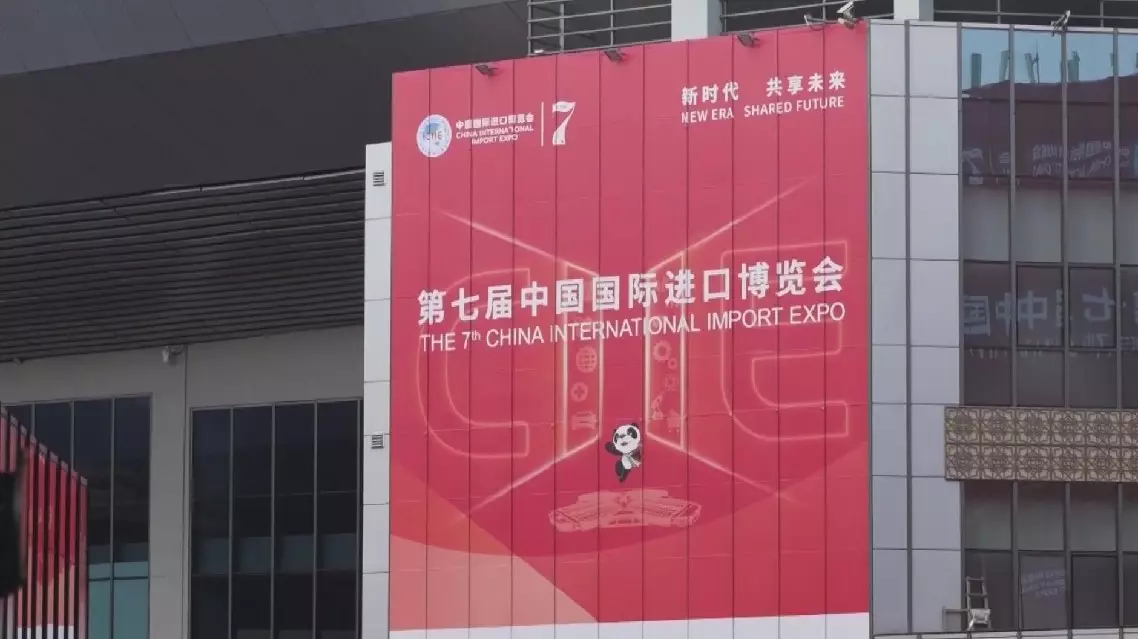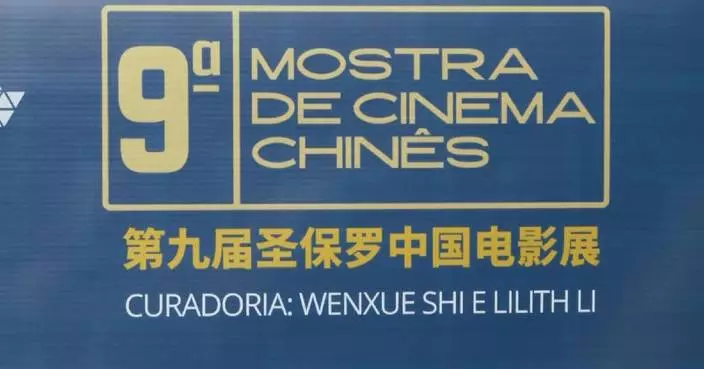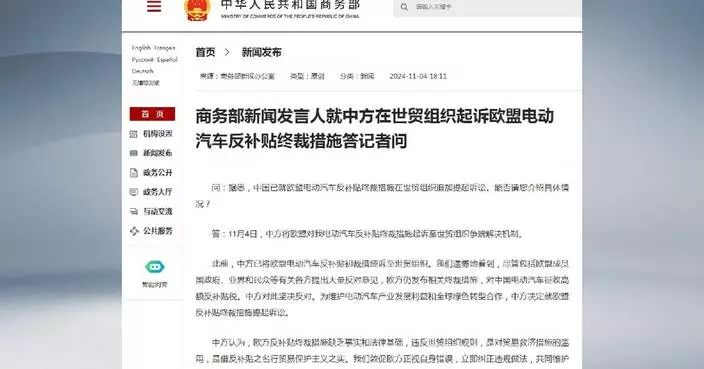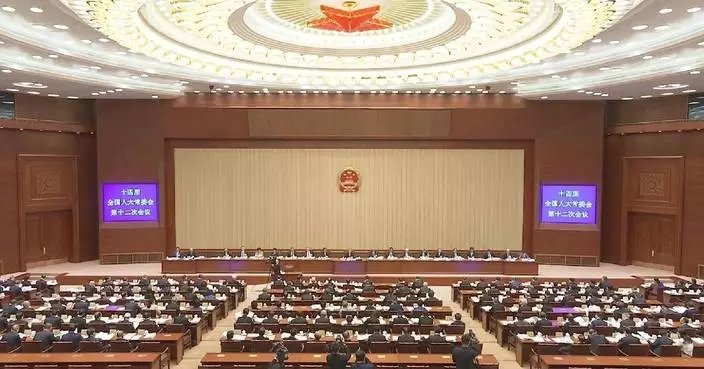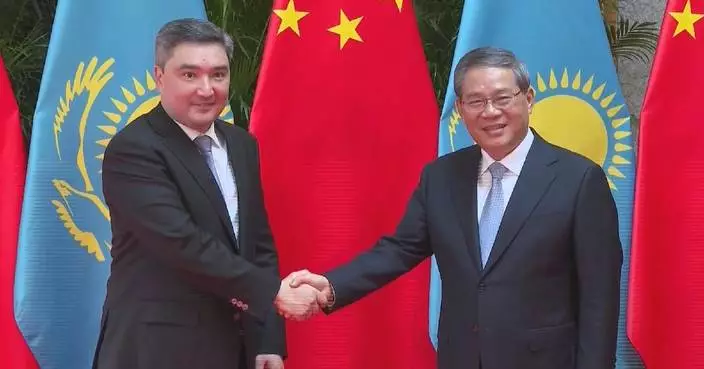An independent ecosystem of HarmonyOS, Huawei Technologies' self-developed operating system, has seen growing maturity thanks to assiduous efforts of researchers including Wang Chenglu, the creator of HarmonyOS, which deals a major counterattack against the U.S. sanctions.
In May 2019, the U.S. Department of Commerce added Huawei to the Entity List, barring it from doing business with U.S. firms including Google, which provides Android.
It's a huge blow to the Chinese tech firm who surpassed Apple with 240 million units of products shipment, second only to Samsung with 300 million units that year.
The sanctions, on the other hand, accelerated the development pace of Huawei's own operating system which was already under planning then. "After the United States imposed sanctions on us in 2019, we were unable to use all Google applications. We have many application markets in China, including those of Huawei, Honor and Xiaomi. Google suspended business with Huawei, making Huawei phones not available overseas. Then we have to build a mobile ecosystem step by step by ourselves, including the hardwares and applications," said Wang Chenglu.
In August 2019, HarmonyOS, or Hongmeng in Chinese, an open-source operating system, was first launched at the Huawei Developer Conference held in Dongguan City of Guangdong. In this October, Huawei announced its HarmonyOS NEXT, the fifth iteration of HarmonyOS despite the U.S. increasing sanctions over the years. It marks that Huawei has completed building foundation and driving user adoption. The next is to promote the establishment of an ecosystem.
That's also what Wang has been working on though he left Huawei in 2022 and took over as CEO of Shenzhen-based Kaihong Digital Industry Development Co. Ltd., an internet of things system developer, which focused on developing OpenHarmony as an ecological platform.
Unlike HarmonyOS, which stresses more on consumer markets such as mobile phones, computers, and automobiles, the OpenHarmony mainly targets at Internet of Things devices, a broader field with applications required in a more granular way.
"For an operating system to be successful in a certain field, the number of devices on which it is installed must account for 20 percent of the total. If there were not enough such devices, nobody would like to develop applications because consumers will also not go for it before they try. It's a negative cycle. I left Huawei because I hope to fully unleash the value of HarmonyOS. Because I will do the work more accurately and faster than anyone else in promoting the applications of HarmonyOS in other manufacturers' devices," said Wang.
"HarmonyOS is the main contributor to OpenHarmony. Based on the generic parts of HarmonyOS, we make an open source project, namely the OpenHarmony. The generic parts are just like the four beams and eight columns of a house and the non-generic parts refer to different requirements of manufacturers. The OpenHarmony is like a rough house, and it is decided by the manufactures whether to make or decorate the rough house a shopping mall, a train station or a school," said Wang.
In the past two years, Wang's company has gradually accelerated its pace of industrialization, making breakthroughs in the fields of agriculture, gas, public security, and smart cities.
The establishment of ecosystem of HarmonyOS is never Huawei's "monologue", which still demands for cooperation. "It's the hardest thing that personnel cannot understand each other because we need cooperation. If the person I am cooperating with doesn't understand or use it, wouldn't it be in vain for me to do it? Half of my personal efforts is focused on cultivating OpenHarmony talents. The more people understand it, the easier the problem can be solved. If one at least dares to give it a try and then get to know the value after it, he may choose to stay. Then we can form our foundation, get feedbacks, and solve their problems. Maybe I will solve the problem in two or three iterations," said Wang.
With regard to the world-wide applications of HarmonyOS in the future, Wang expressed his confidence.
"It depends on the value-added part of our system. It is meaningless if we just wanted to replace it. So this is a very important point for our HarmonyOS, that is, when I am trying to replace something, there must be greater room for value-added than before," said Wang.
"With the three conditions including a favorable environment, the country's strong demand for digital development, and industries seeking for upgrading existing at the same time, which is rarely seen, I believe it is a very good opportunity for us," said Wang.
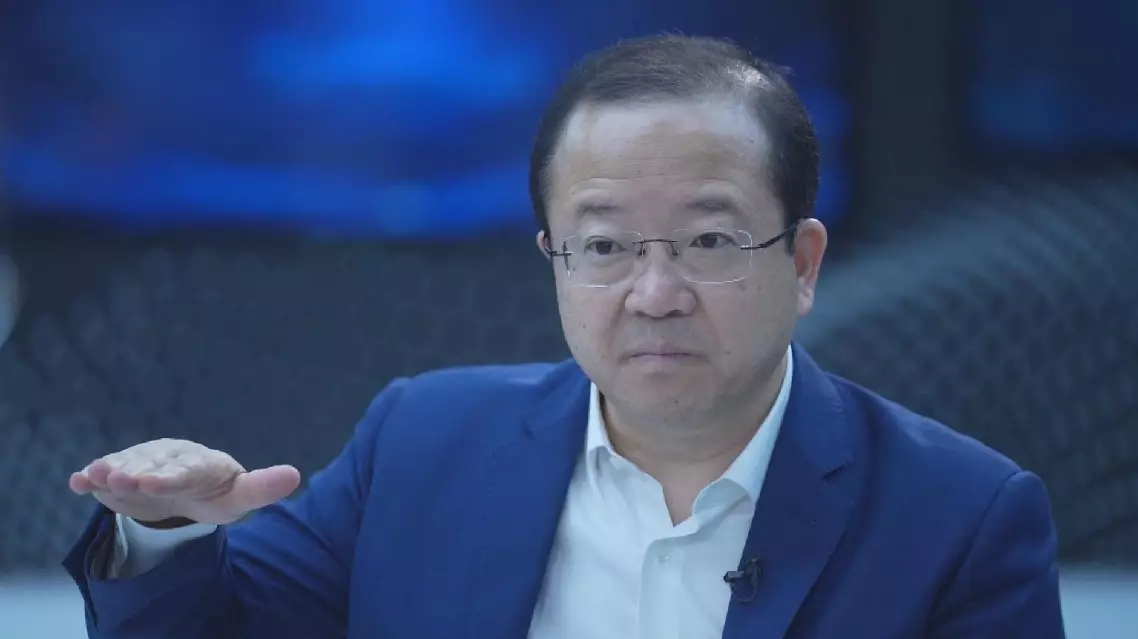
Huawei HarmonyOS breaks tech blockade imposed by US sanctions


